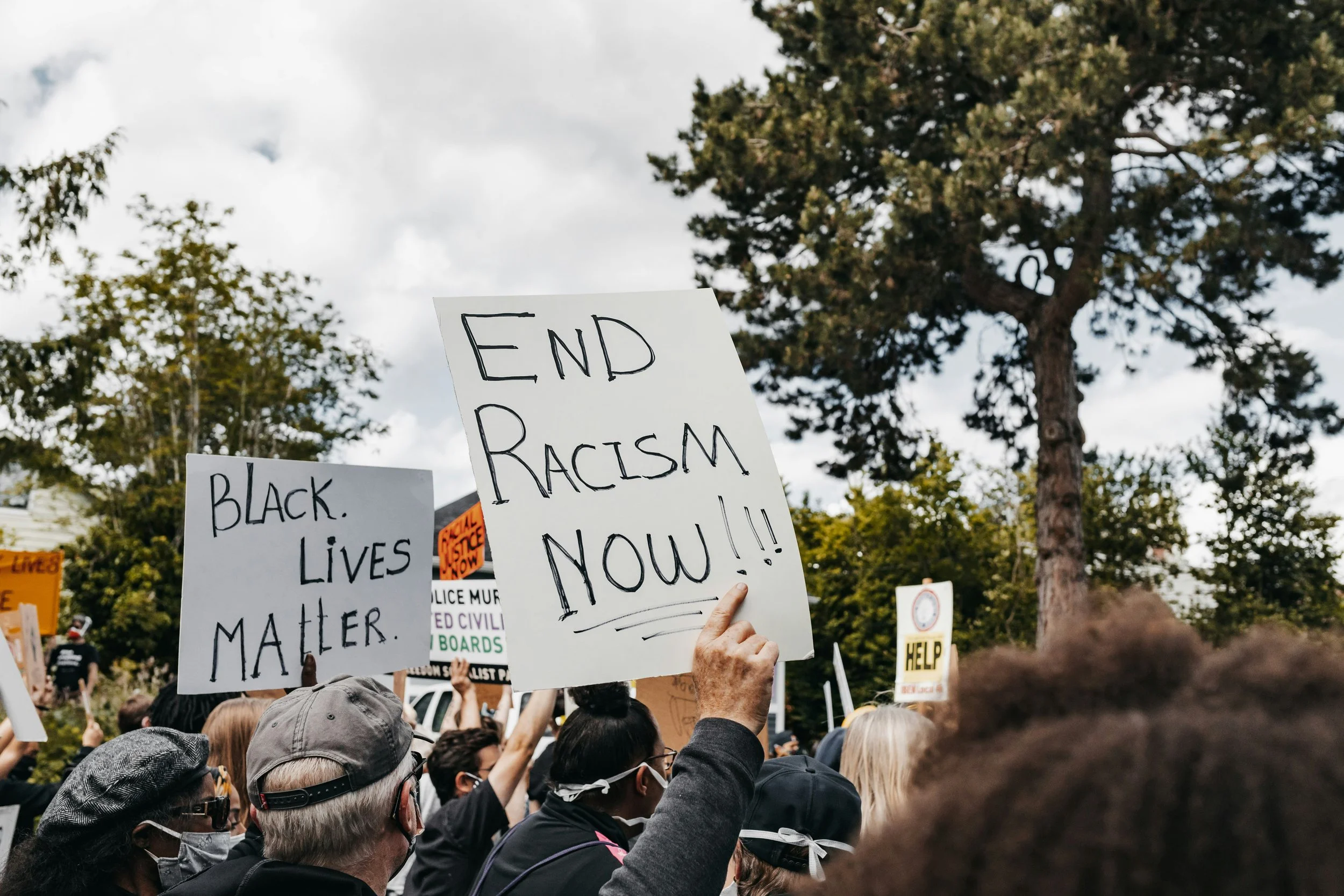When Racism Rises, So Must We
When I look at the headlines today, my heart tightens. As a British Bangladeshi woman leading an organisation dedicated to youth empowerment, it's terrifying to witness how racism old, persistent, and deeply rooted has spread and intensified across the world.
We’re living through a surge of anti-immigration rhetoric that doesn’t merely misrepresent, but actively dehumanises. In the UK alone, public concern over immigration has soared: by August 2025, 67% of Britons said immigration levels were ‘too high,’ with 43% saying ‘much too high.’ At the same time, social media is flooded with hate. One study revealed a 90% increase in anti-migrant posts between 2023 and 2024 and by mid-2025, more than 1.7 million such posts echoed conspiracies of “invasion,” “replacement,” and calls for mass deportations.
Even national symbols once seen as unifying are being co-opted. Take the Union Jack and the St. George’s Cross: these flags are powerful symbols of national pride, culture, and achievement in sport. They belong to all of us. I am British, and I am proud of my culture and my country. The flag itself is not racist. But when it is used in certain contexts, waved outside asylum seeker hotels, paired with chants of exclusion, it takes on a darker meaning, one that says some people don’t belong.
Outside one such hotel, anti-immigration protesters were filmed singing Queen songs. The irony couldn’t be starker: Queen’s frontman, Freddie Mercury, was a brown, gay immigrant fleeing religious persecution and war. The very music used as a backdrop for hate was born of migration, diversity, and resilience.
This rise in xenophobia is playing out on our streets too. Since July 2025, anti-immigrant protests have erupted from Epping to Liverpool, Cardiff to Manchester. Some have turned violent, with clashes, injuries, and arrests.
For me, these developments are not just headlines, they are deeply personal. When the world whispers that people like me don’t belong, it fuels fear, erodes trust, and chips away at the future for all of us.
That’s why You Be You exists. Our mission is to amplify youth voices, to give young people the skills, confidence, and power to challenge systemic racism. But our work must also reach beyond those directly affected. We need to educate all communities, including working-class white communities, so they are not manipulated by divisive rhetoric. By fostering critical thinking, dialogue, and empathy, we can dismantle the false narratives that pit neighbour against neighbour.
Young people are more than survivors of racism, they are the architects of a just future. At You Be You, we’re not waiting for change. We’re raising it.

